Last Updated on July 31, 2021

You may have heard there's a game-changing new superhero movie in town. LOGAN goes berserk this weekend on an unsuspecting public, and it may very well change the way people look at this genre. It's not just the violence and R-rating, either. It's the emotionality of the film, the toughness, the raw human heart at the center of everything that happens. I'm on the record as saying it's not only the best X-MEN movie ever, but maybe the best superhero movie up until this point. I have a feeling I won't be alone in thinking this for long.
It might be surprising for a longtime movie geek that LOGAN and last year's crafty blockbuster DEADPOOL come from a studio that was, for a long time, known as not the place to be for comic book properties. Years ago, 20th Century Fox was frowned upon as a location for beloved superhero titles. Now they're leading the way in turning the tide. (Hasn't been seamless, of course, but credit is still due.) Two of the main producers responsible for this new way of thinking are Simon Kinberg and Hutch Parker.
Kinberg has long been associated with the X-MEN franchise; he co-wrote the infamous X-MEN: THE LAST STAND and wrote DAYS OF FUTURE PAST and APOCALYPSE. As producer, he helped shepherd both DEADPOOL and LOGAN to the big screen. Parker produced James Mangold's previous Logan adventure, THE WOLVERINE, as well as DAYS OF FUTURE PAST and APOCALYPSE. If there's anything happening in the X-MEN world, these are the guys to talk to.
And talk about X-MEN we did. In addition to discussing how LOGAN will make things different for the genre going forward, we get into the future of the character – and the other X-Men – how Fox is the new home for independent-minded filmmakers, the possibilities for a reboot of the Dark Phoenix saga, and much more!
How long has this particular iteration of LOGAN been in the works? Have you known for a long time you were working toward this particular send-off for the character?
Parker: It's been percolating going back to THE WOLVERINE, with Jim and Hugh, and certainly with the studio. Each time we do one of these, there's inevitably a natural conversation about what may be next. Pretty early on it was the identification of roughly this target. Not necessarily the dramatic specifics yet, some ideas about that. And Hugh was almost leading the conversation, it was really Hugh and Jim together, but all the way through development at every stage Hugh has been at the forefront at driving it toward this kind of grounded, gritty, real, dramatic, emotional endpoint.
I think for Jim, having worked with him a number of times, LOGAN became the amalgamation of all the films he's done to date. Having watched him, he's a remarkable filmmaker in every respect, as a dramatic director, as a technical director, as a communicator, as a facilitator on the behalf of actors. Every box gets checked. To me, this was his biggest challenge, his biggest opportunity, and his biggest success, at least from my own experience. And that journey was really co-authored by Hugh.
With LOGAN and DEADPOOL, it's an incredibly exciting time for Fox superhero movies. They're proving it doesn't have to be the same thing all the time. Is there a sense that there's no going back to the old way of making these movies from here on?
Kinberg: I would even rephrase what you said in a good way, and it's… we can't go back to the same movies anymore. We don't want to as artists, and the studio feels like they have to challenge audiences and push the envelope. Not just with the X-Men movies, but I think of Fox now as a very unique studio that has success with movies like KINGSMAN and the new ALIEN movie and the PLANET OF THE APES franchise. They're all films, not movies, if there's a distinction. There's a sophistication to them, there's an originality to them, there's a boldness to them, they're provocative. And they've had success with that.
I think what they've tapped into is, in today's world you have to be those things to stand out against the surfeit of 430 shows on television – literally, there are 430 original shows on different TV outlets – all of the video games out there, and the billions of things on the internet that you're competing with. When people go to the movies they have to turn their phones off for two hours, which for most people is like a torture or punishment for kids, so you have to do something that is so radical and bold that you have to overcome all of that. Fox, I think, understands that, not just from a business standpoint but from an artistic standpoint. So they let us, Hutch and I working on these X-Men movies in different guises, do that. They let us run free with these things, and it's worked out for us so far. Deadpool and Logan are a real reflection of that, and I think Logan is, for Hugh, an opportunity to do all the things he wasn't allowed to do in the six or seven Wolverine movies he did in the past. This is the culmination for him, the sort of freedom for him, to do a lot – dramatically, emotionally, viscerally – that he never did in any of the other films.
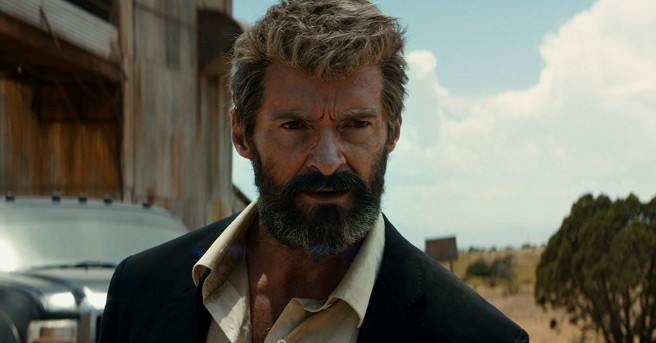
What is the future of Wolverine? Obviously LOGAN provides Hugh with such a great goodbye, but people love the character so much. Is there no chance we're going to see him pop up somewhere else, or a reboot of the character down the line somewhere?
Kinberg: We haven't started talking about that. The truth is, we really approached this as, this is really the end of Hugh Jackman playing Wolverine and it very well be the end of Wolverine in the movies. Beyond that, we'll figure out if there is some other version of him. We haven't gone down that road. We really approached this as if it were the end.
Parker: And truly, we are literally just finishing with this so, candidly, it has not been a process where there has been a lot of downtime from production into post, post into visual effects and scoring and all that stuff. It was not long ago we were in that dark room. But I agree with Simon, the whole focus of the last however many years was living up to Hugh's desire and Jim's intention on delivering on a final Wolverine film for Hugh on a different, unique story that would try to carry the day more on the emotionality and the reality than on visual effects or action. Pretty much the whole focus has been on that.
You can sort of continue a Wolverine story, though, with X-23, which is a great new character. Are you guys already talking about doing another movie with her?
Parker: We have been talking a little bit about that and the possibility certainly exists. She's a remarkable actress, I think she did an amazing job, and a lot of the credit for that goes to Jim [Mangold]. It's certainly a rich opportunity, we haven't gotten specific in any way, but I'd love to see more with that character.
Simon, of course the speculation right now is that you're going to direct the next X-Men. What can you tell me about that?
Kinberg: I can tell you that the stories of me directing it are premature, but I can also tell you that we are in prep on what the next X-Men movie will be.
Rumors are that it could be Dark Phoenix-related, or that is something you will be approaching. Given this new outlook you guys have with movies like LOGAN and DEADPOOL, is that an exciting opportunity for you, to approach the Dark Phoenix story with this new outlook?
Kinberg: We can't confirm what the next movie will be, but I can talk a little about, frankly, what I would do differently if I were to make X-Men: The Last Stand again, which had the Dark Phoenix storyline. I think the big mistake we made with that movie – and if anybody is to blame for it it's the writer, and I was one of them – it's that we made the Dark Phoenix the subplot of that film, instead of making it the main plot. The Dark Phoenix story is the biggest, and in many ways the most epic, saga of the X-Men comics, so you can't make that the B-plot of the movie. If we were lucky enough to have the opportunity to re-tell that story – and certainly, what we did with the end of Days of Future Past gave us the opportunity to re-tell it – I think we all would want to give it the justice and the space to breath that it deserves.
What about the cast? James McAvoy, Jennifer Lawrence… I think a lot of people are wondering if we're going to be seeing them again. What can you talk about there?
Parker: Not much.
Kinberg: I can tell you as a fan, I would love to see them again. In terms of the specifics and mechanics of it, we can't talk about it.
Parker: Not trying to be coy. Part of your question before, about Dark Phoenix… The landscape is sort of different now, for these movies, and the invitation and opportunity for these filmmakers to take a deeper, more thoughtful look… it covers a much broader and tonal spectrum. That's courtesy of a lot of other films, Guardians of the Galaxy, Iron Man, Dark Knight, obviously. The landscape is very rich and broad. I think it's an incredibly exciting time for the broader universe, and the obligation to be bold and different is not just an obligation that we face within these universes, but that everybody faces out there, the entire marketplace. We've all seen when the films are repetitive and redundant, there's a tendency for those to die on the vine pretty darn quick, and when you see something bold and unique… Now you have to be good and you have to be bold and you have to be well-executed. The bar has really risen. There's a tremendous appetite and level of support on the part of the audience for those obligations. That's exciting for us. Hard, but pretty exciting.



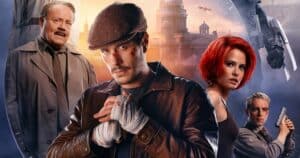
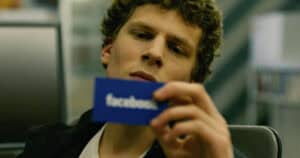


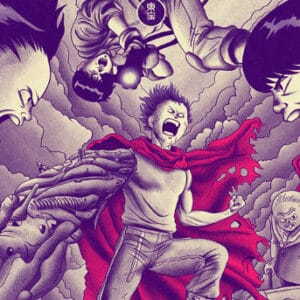
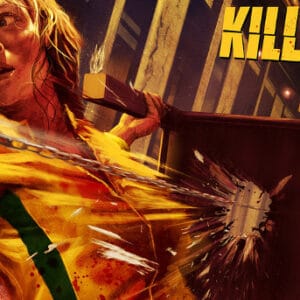
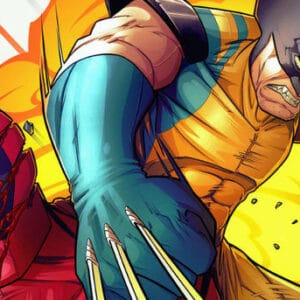
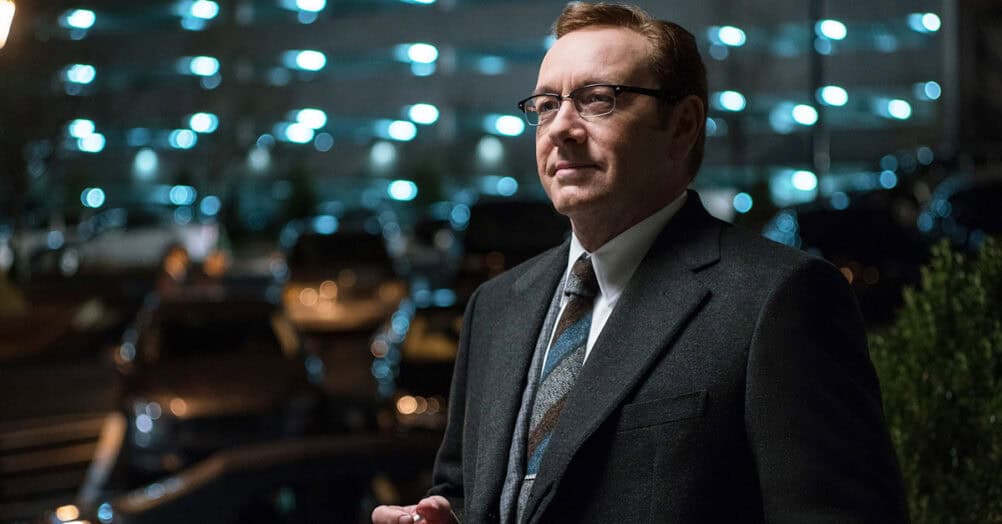
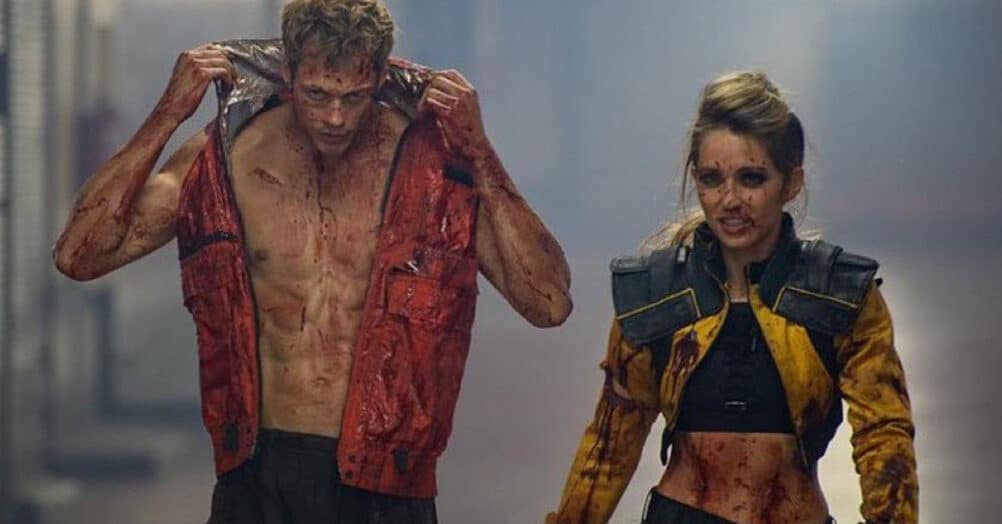
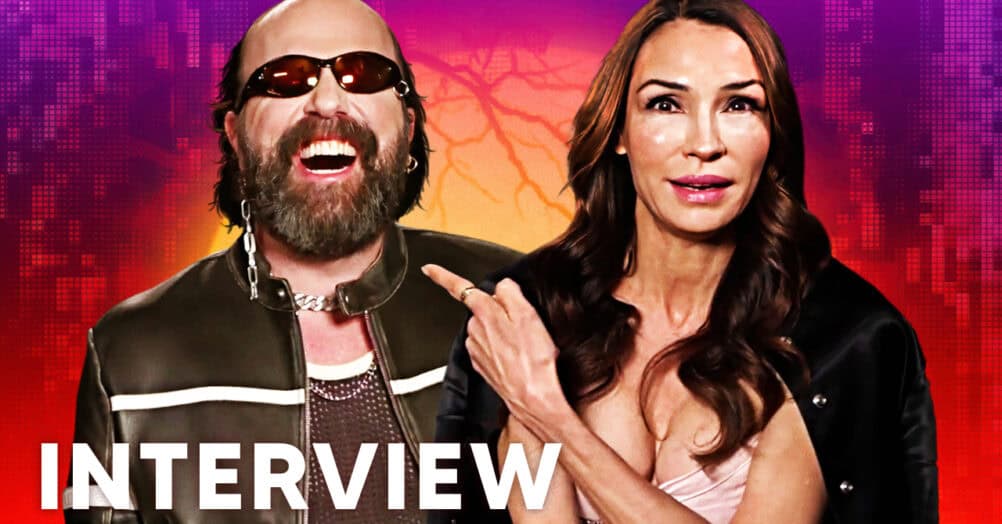
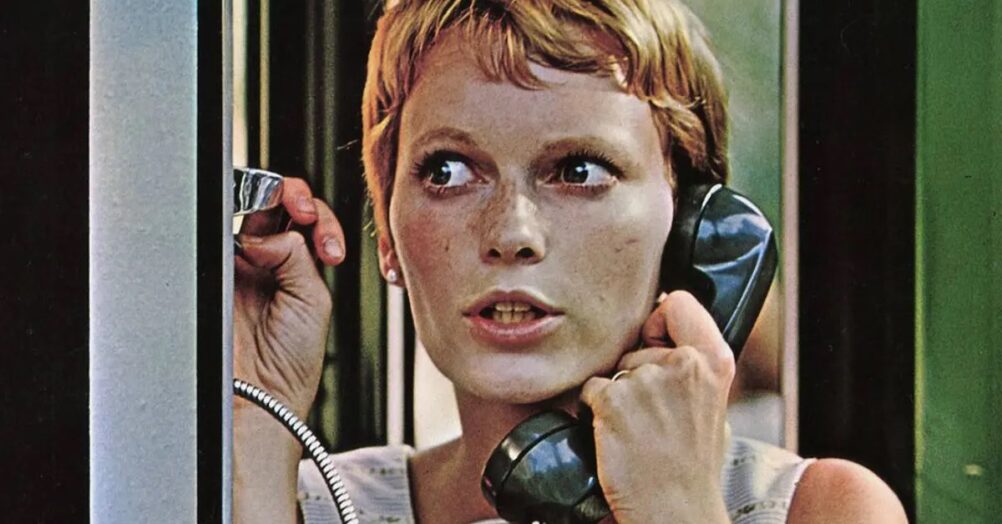
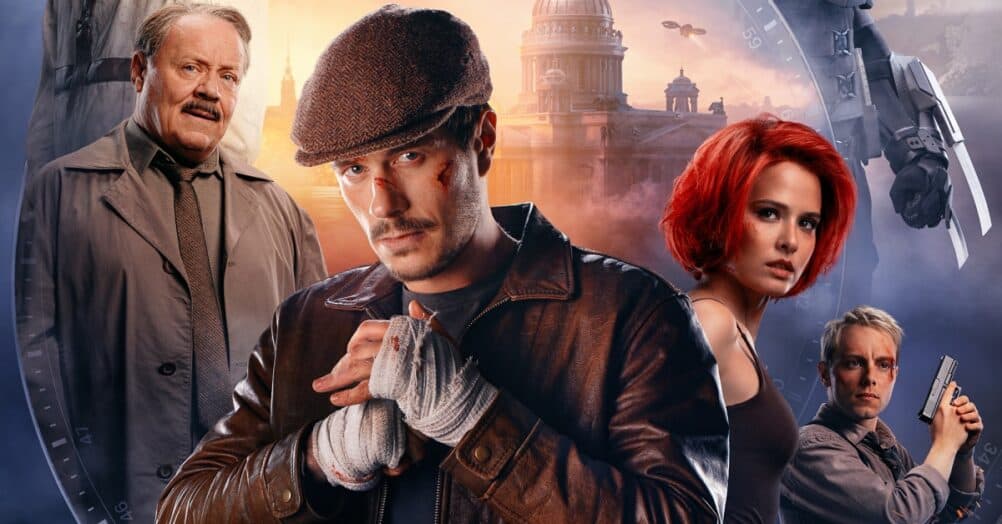
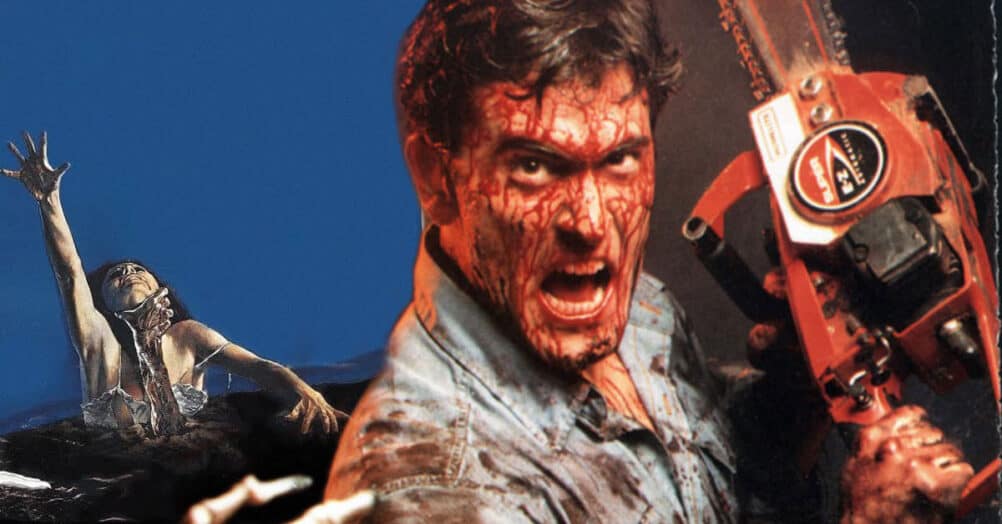

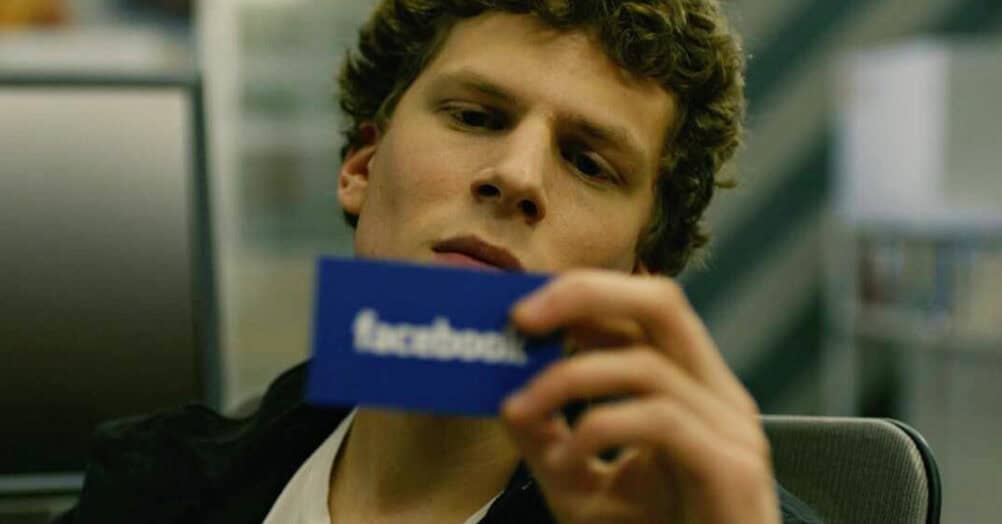
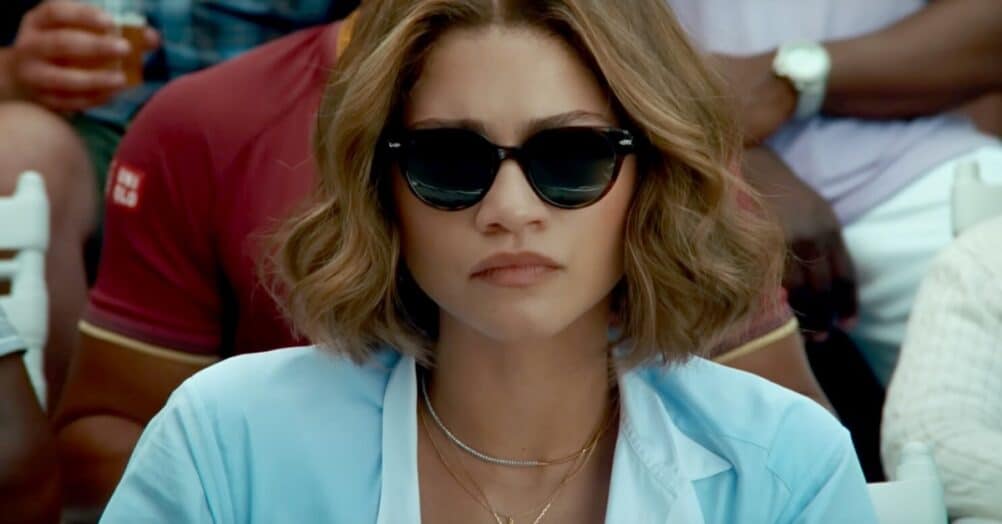
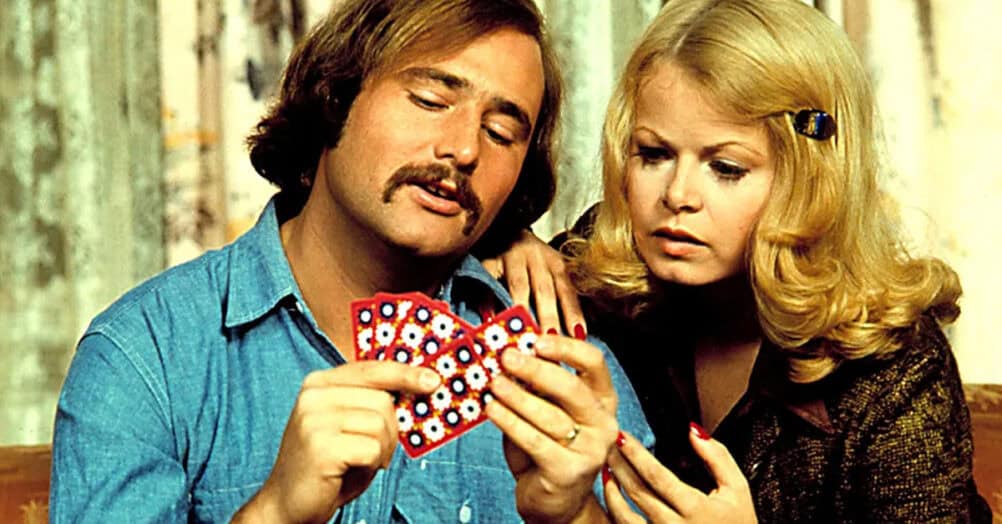
Follow the JOBLO MOVIE NETWORK
Follow us on YOUTUBE
Follow ARROW IN THE HEAD
Follow AITH on YOUTUBE